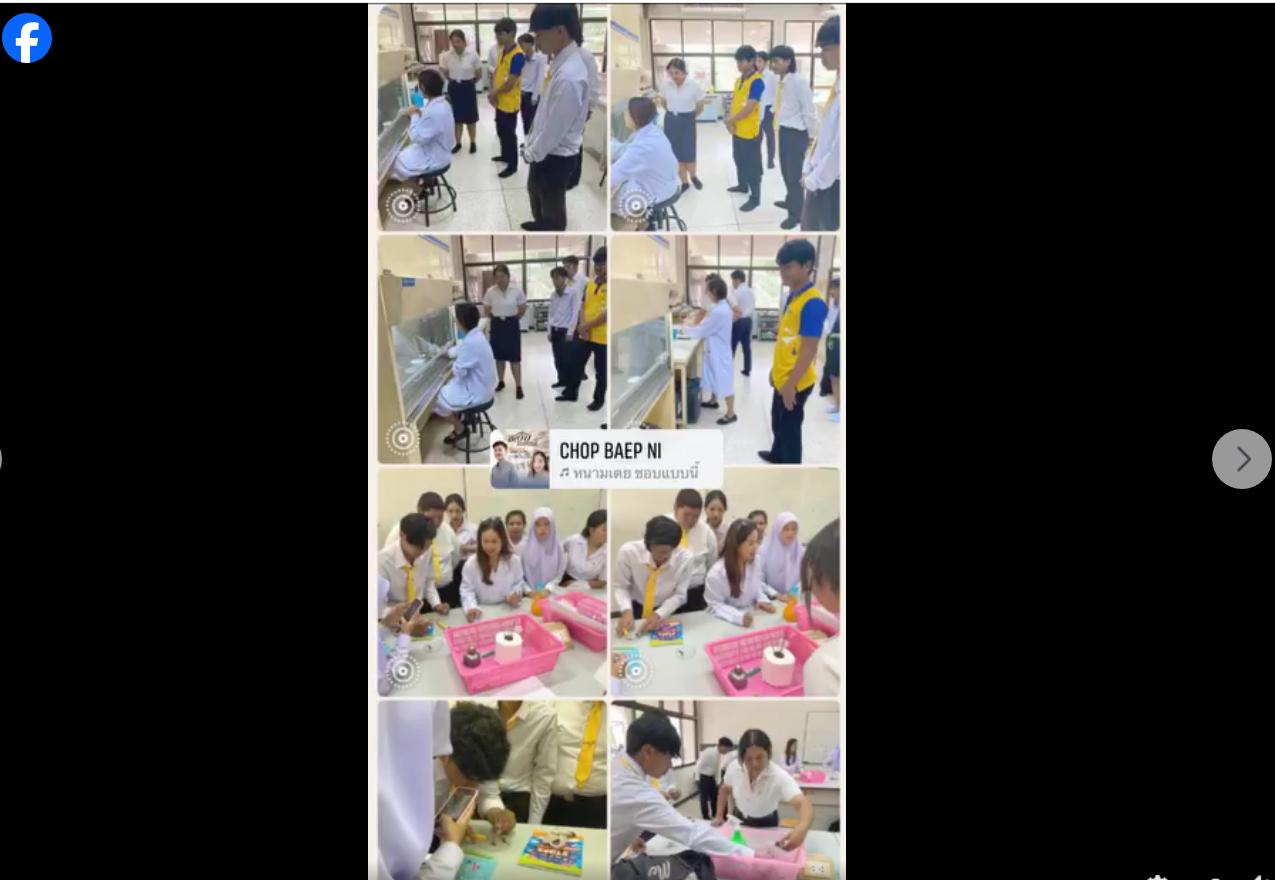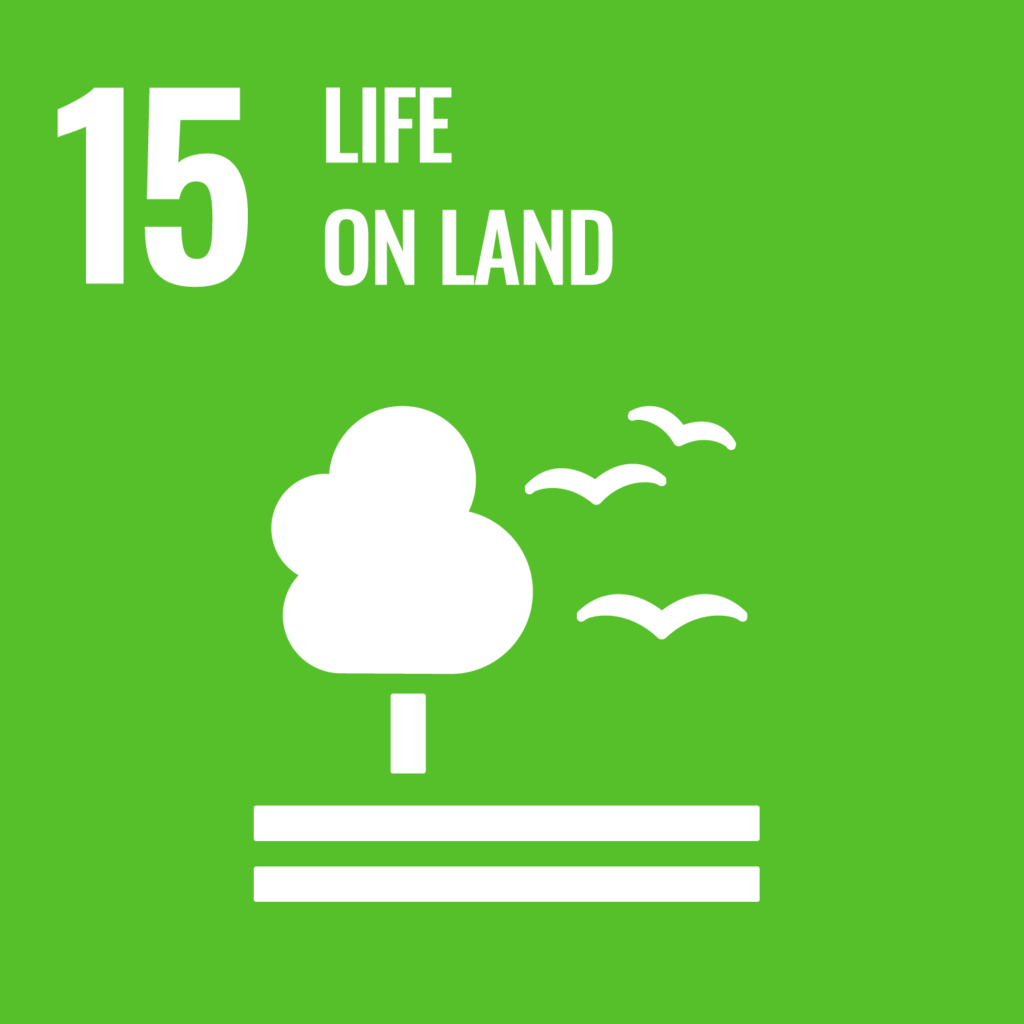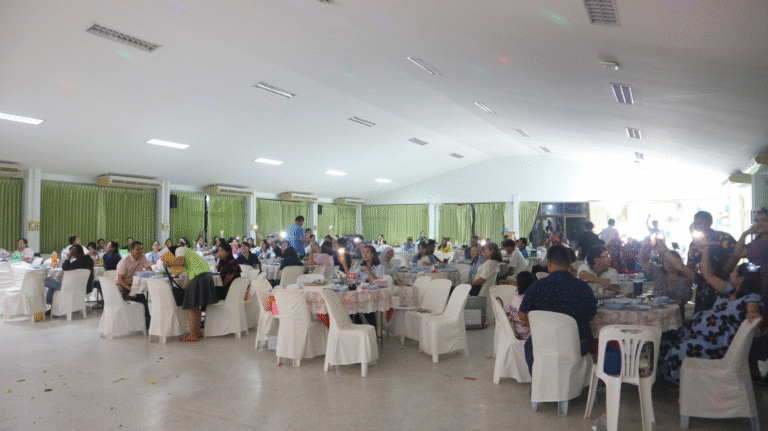Reporters: Asst.Prof.Dr. Prapot Maliwan
Assoc.Prof.Dr. Pornsil Seephueak
Asst.Prof.Dr. Nion Chirapongsathonkul
Asst.Prof.Dr. Worawitoo Meesook
Evidence Date: during 2024 Jan-Dec
Related Indicator: 15.4.3
Details:
In the Plant Disease and Management course, Associate Professor Dr. Pornsil Seephueak and laboratory officer Ms. Wilawan Suwanmanee have incorporated practical knowledge on hazardous waste management into teaching and learning activities. The knowledge gained from external training programs has been applied to educate students on the proper handling and disposal of chemical waste in laboratory experiments. For example, students learn how to safely manage Lactophenol Cotton Blue waste after microscopic observations using specific treatment methods to prevent environmental contamination. This teaching approach aligns with SDG 15: Life on Land, by fostering awareness and responsibility for protecting ecosystems through safe and sustainable scientific practices.
The integration of hazardous waste management into classroom and laboratory instruction provides students with hands-on experience in environmental stewardship. By understanding how to properly segregate, neutralize, and dispose of laboratory waste, students develop essential competencies in sustainable science and safe laboratory operation. This experiential learning supports SDG 15.1 and 15.3, which promote the conservation of terrestrial ecosystems and the prevention of land degradation. It also strengthens the connection between education and sustainability, ensuring that future agricultural scientists are equipped to conduct research and professional work in environmentally responsible ways.
Additionally, the Nakhon Si Thammarat Campus has conducted inspections of wastewater treatment systems and laboratory building safety to ensure compliance with environmental and safety standards. These evaluations not only create a secure learning environment but also reinforce the university’s commitment to sustainability and the protection of natural resources. By integrating laboratory waste management into teaching, learning, and facility oversight, the program exemplifies how higher education can contribute directly to achieving SDG 15. This holistic approach prepares students to become responsible innovators who value both scientific progress and the preservation of life on land.

Links:




